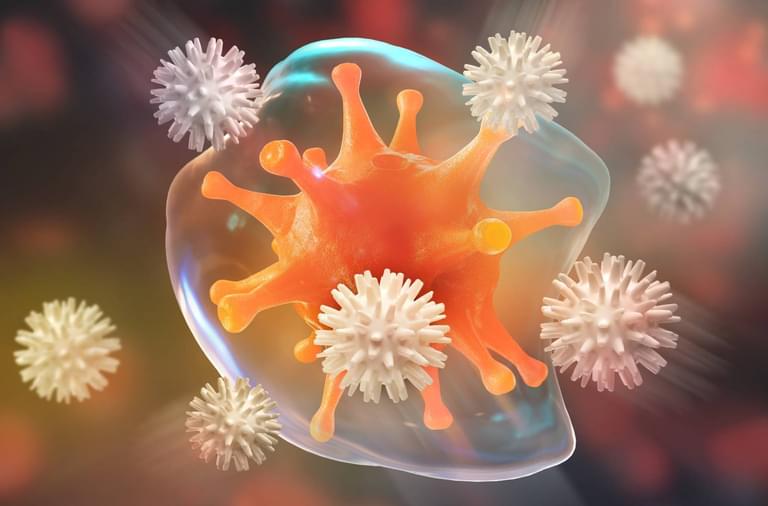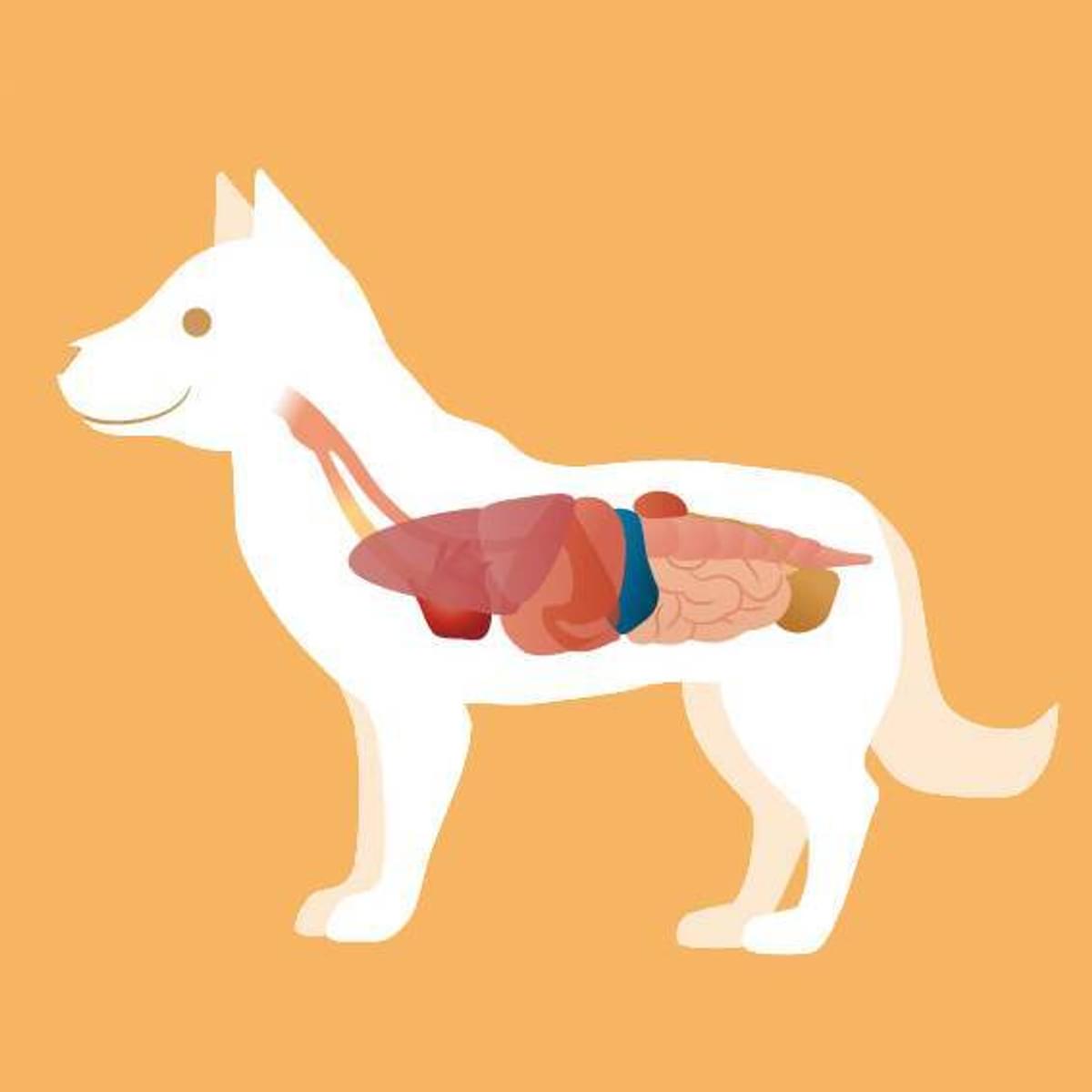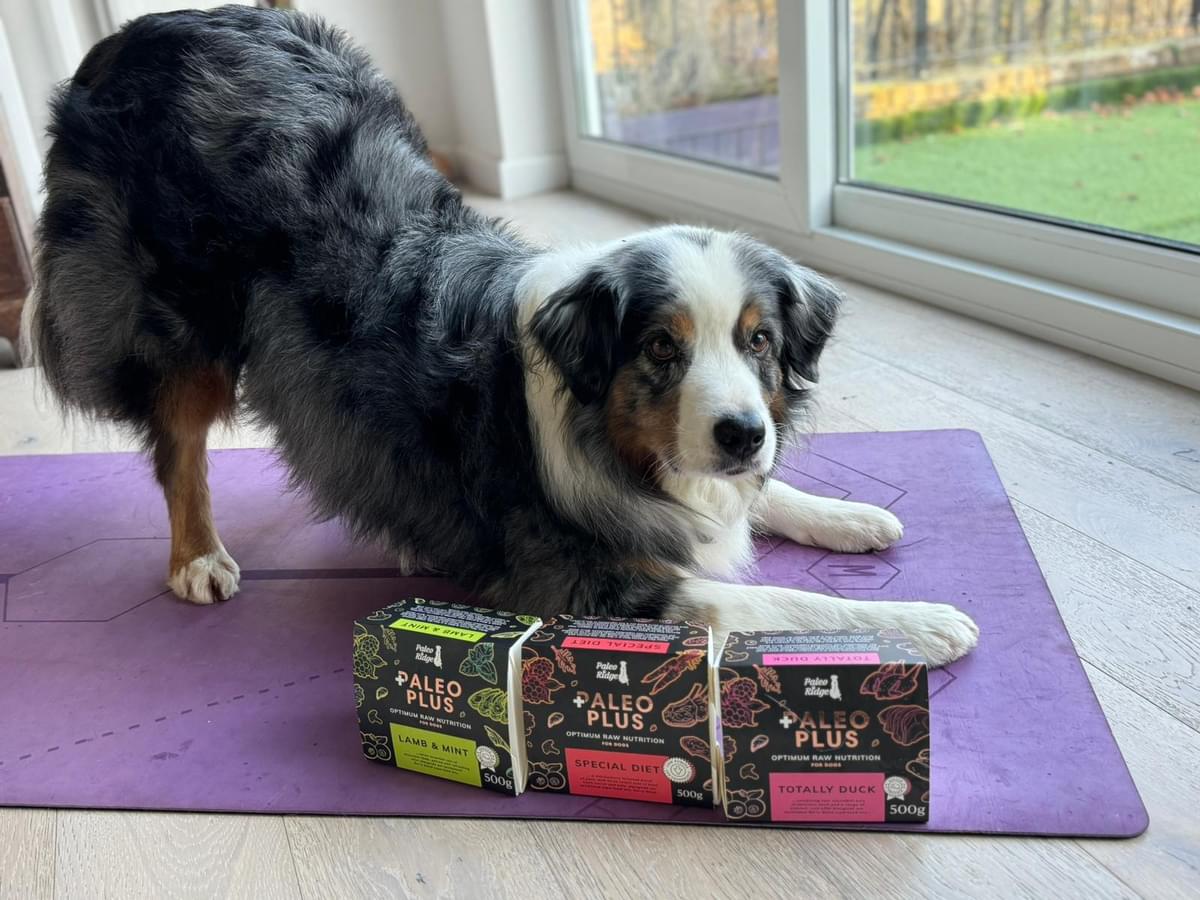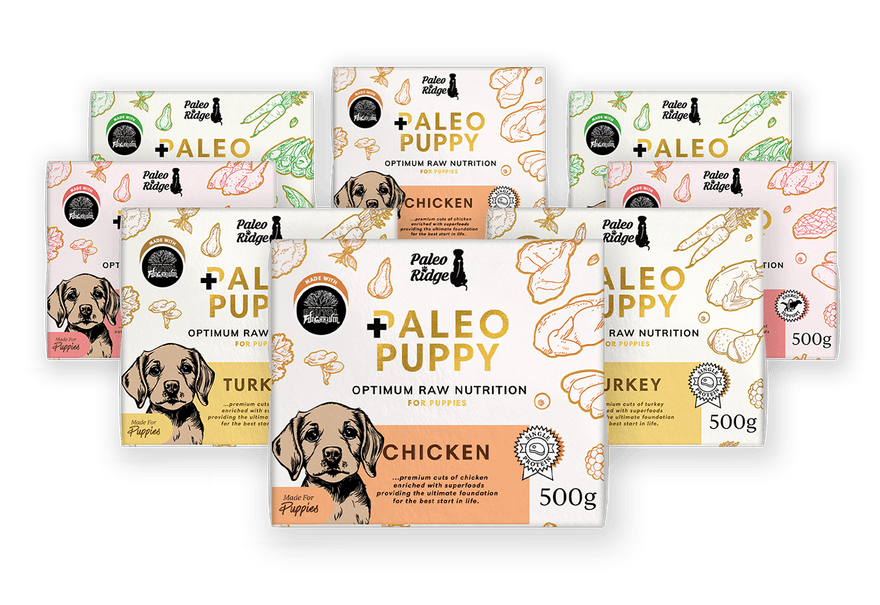A dog's immune system is a complex network of specialised cells, tissues, and organs that work together to defend the body against harmful pathogens such as viruses, bacteria, and parasites. This defence mechanism is crucial for the overall health and well-being of dogs, as it helps prevent infections and diseases from taking hold. One of the key components of the immune system in dogs is the white blood cells, which include various types such as neutrophils, lymphocytes, and macrophages. These cells play different roles in identifying and destroying pathogens, as well as in regulating the immune response.
To make this a little easier to understand, let's think of a dog's immune system as a shield defending a castle from invaders. This shield is made up of many parts, like different layers working together to keep the castle safe from enemies.
The first layer of this shield, called the innate immune system, is like the castle walls and gates. It's always on guard, providing general protection against any intruders that try to get in. This includes things like the skin and mucous membranes, which act as physical barriers, as well as specialized cells like neutrophils and macrophages that act as the guards, ready to engulf and destroy any invaders.
However, if a crafty enemy manages to sneak past the walls, the adaptive immune system steps up. This part of the shield is like having specialized knights and archers who are trained to recognize specific enemies. When they spot an intruder, they create custom-made weapons, called antibodies, to target and eliminate them. These knights and archers are the B lymphocytes and T lymphocytes, working together to keep the castle safe.
As the battle rages on, the castle's defenders gain experience. They remember each enemy they've fought before, creating a record of their tactics. These memories are like the memory cells of the immune system. So, if the same enemy tries to attack again, the shield is ready. It can mount a quicker and more effective defense, using the knowledge gained from past battles to protect the castle from harm.
In this way, the shield of the immune system works tirelessly to keep the castle (the dog's body) safe from invaders (pathogens), ensuring the health and well-being of the kingdom (the dog) inside.





